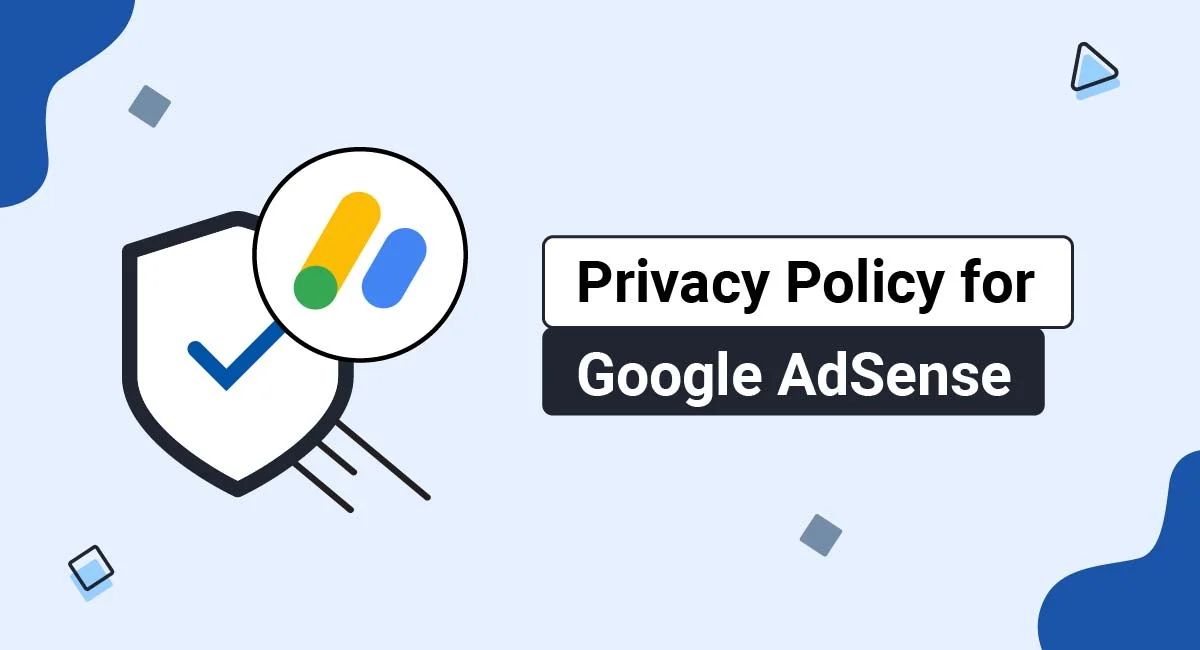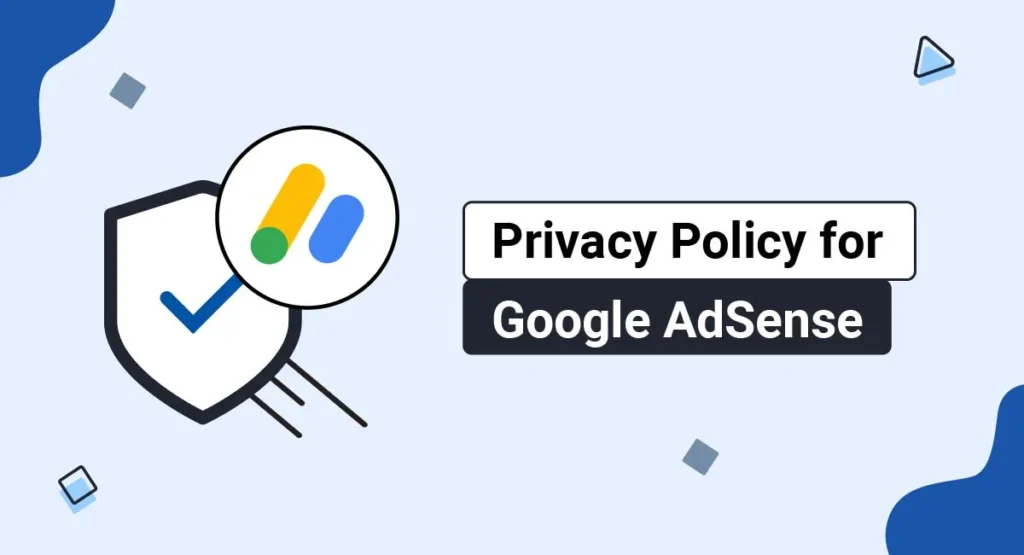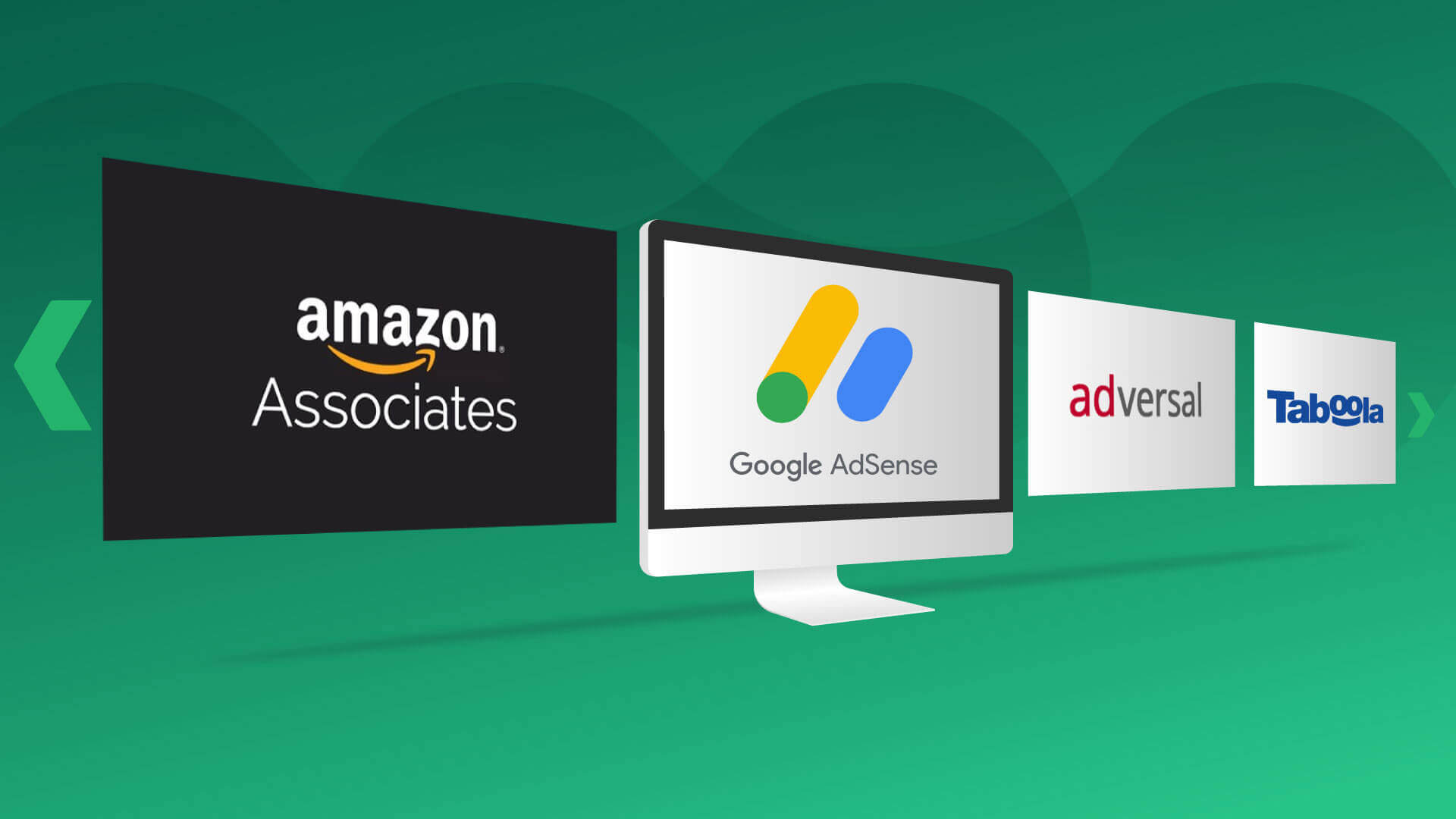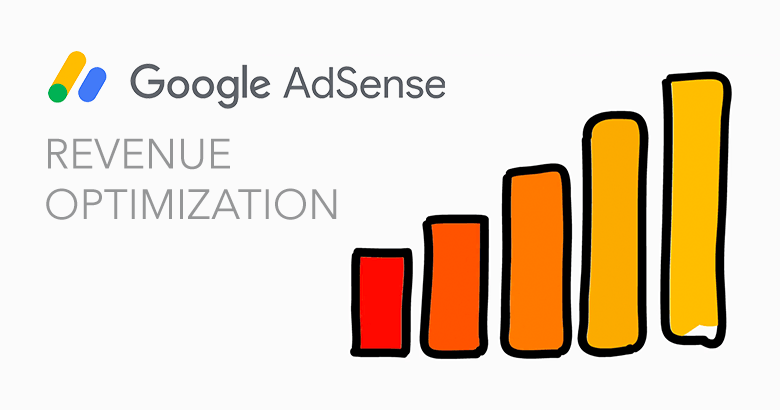AdSense Policies Explained
Getting approved for Google AdSense is just the first step—staying compliant with their policies is what keeps your account running (and earning). Many publishers lose their AdSense accounts due to simple policy violations, often without realizing what went wrong.
In this guide, I’ll break down AdSense’s key policies in simple terms, so you can avoid mistakes and keep your account safe.
1. Content Policies: What You Can (and Can’t) Monetize
Google only allows ads on high-quality, original content. Here’s what’s allowed:
✅ Informational articles (guides, tutorials, reviews)
✅ Educational content (courses, how-tos)
✅ News & entertainment (if original and well-researched)
Prohibited Content (Will Get You Banned)
🚫 Copyrighted material (copied text, images, or videos)
🚫 Adult content, hate speech, or violence
🚫 Hacking, piracy, or illegal activities
🚫 Misleading content (fake news, scams)
🚫 Dangerous products (weapons, drugs)
Real-Life Example: A tech blog got banned for posting “free Netflix account generators”—this violates AdSense’s policy on piracy.
2. Traffic Policies: Where Your Clicks Should Come From
AdSense strictly bans fake or invalid traffic. This includes:
❌ Buying clicks (from Fiverr, Telegram groups, etc.)
❌ Clicking your own ads (even accidentally)
❌ Using bots or traffic exchanges
❌ Encouraging clicks (“Click my ads to support me!”)
What Happens If You Break These Rules?
- First violation → Warning
- Repeated violations → Account banned permanently
Tip: Use Google Analytics to monitor traffic sources—sudden spikes from suspicious countries can be a red flag.
3. Ad Placement Rules: Avoid Annoying Visitors
You can’t just place ads anywhere. Google penalizes:
🔴 Too many ads above the fold (makes content hard to read)
🔴 Pop-up ads that block content
🔴 Ads disguised as content (misleading users)
Best Practices for Ad Placement:
✔ Max 3 ads per page (before approval, limit to 1-2).
✔ Ads should not push content down (avoid header stuffing).
✔ Label ads clearly (use “Advertisements” or “Sponsored”).
4. Privacy Policy Requirements
Every AdSense site must have a Privacy Policy that explains:
- How you collect user data (cookies, analytics).
- How data is used (personalization, ads).
- Third-party vendors (Google AdSense, Facebook Pixel).
5. Payment Threshold & Tax Info
- Minimum payout: $100 (bank transfer, check, or Wise).
- Tax forms required (W-9 for US, W-8BEN for non-US).
- Payments held if info is incomplete.
Pro Tip: Set up payments early to avoid delays.
What Happens If You Violate Policies?
- First-time: Warning + ads disabled on violating pages.
- Repeat offenses: Full account suspension.
How to Appeal?
- Fix the issue (remove bad content/traffic sources).
- Submit an appeal via AdSense dashboard.
- Wait 3-7 days for a response.
Final Thoughts
AdSense policies aren’t just rules—they’re what keep the network fair for everyone. Follow them, and your account will stay in good standing for years.



